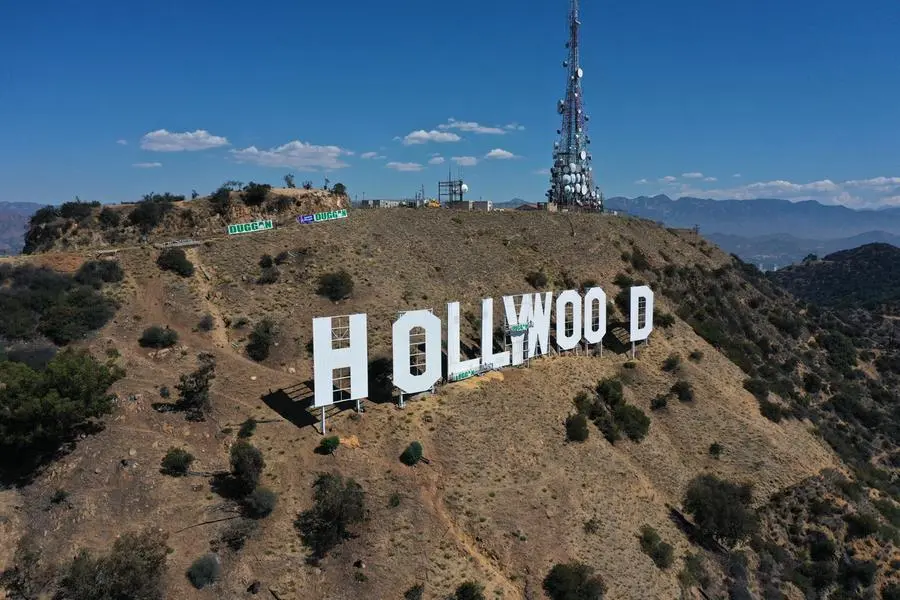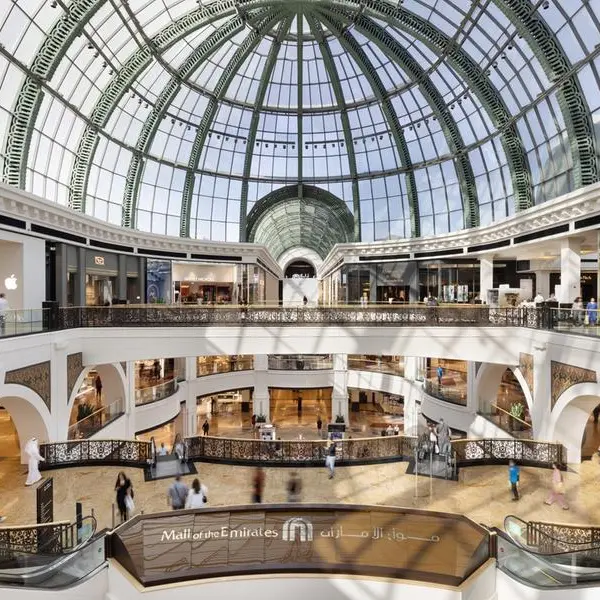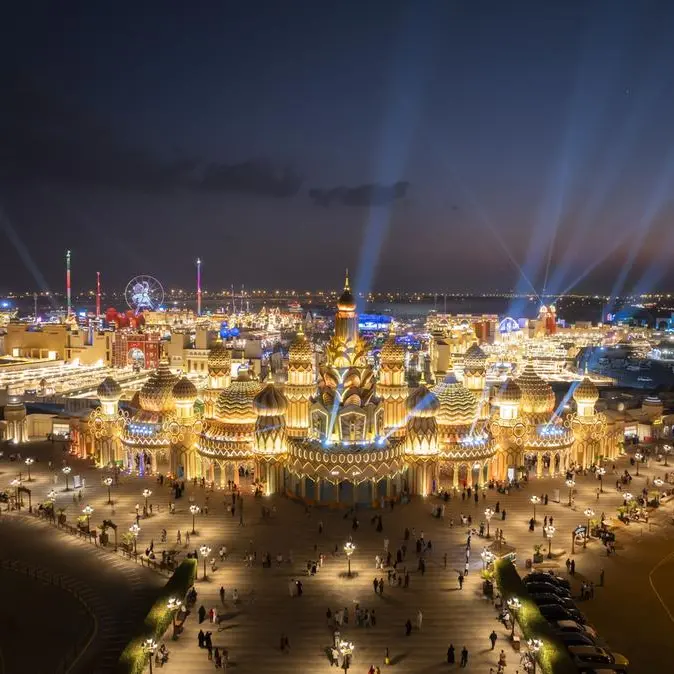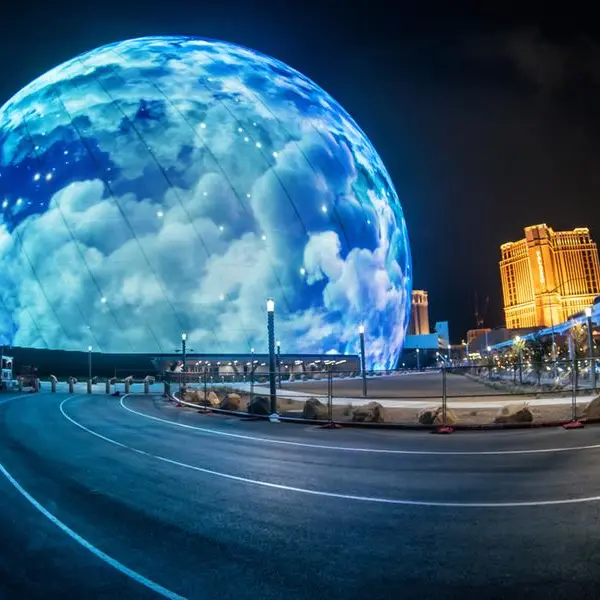PHOTO
Tens of thousands of Hollywood actors on Wednesday anxiously awaited their union's decision on whether to strike, as last-ditch talks with the likes of Disney and Netflix appeared to sour just hours before the crunch deadline.
The Screen Actors Guild (SAG-AFTRA) has already agreed to one extension of talks with studios, but the two sides have still not been able to thrash out a deal over thorny issues of pay, the use of artificial intelligence, and more.
If midnight Wednesday (0700 GMT Thursday) passes without a deal or another prolongation, actors will hit the picket line, joining writers who have already been marching outside studios for more than two months.
"We are not confident that the employers have any intention of bargaining toward an agreement," said the union, which represents some 160,000 actors and performers.
"Time is running out," it warned.
A "double strike" of actors and writers, not seen in Hollywood since 1960, would bring nearly all US film and television productions to a halt.
It would also prevent A-listers from promoting some of the year's biggest releases, right at the peak of the movie industry's key summer blockbuster season, just as the industry attempts to rebound from the lean pandemic years.
In London, a premiere Wednesday night for Christopher Nolan's "Oppenheimer" was brought forward by an hour, so that cast including Robert Downey Jr., Matt Damon and Emily Blunt could attend without breaking union rules, Variety reported.
But a strike would derail the much-hyped film's US premiere, due to take place in New York on Monday.
A scheduled red-carpet launch this weekend at Disneyland for the new "Haunted Mansion" movie may be downgraded to a "private fan event."
And the massive annual Comic-Con pop culture gathering in San Diego next week could be stripped of its stars.
Hollywood studios have called in federal mediators to help resolve the deadlock.
SAG-AFTRA said Tuesday it had agreed to the studios' "last-minute request" for mediation, while voicing skepticism about good-faith efforts on the other side.
The studios have "abused our trust and damaged the respect we have for them in this process," it said.
"We will not be manipulated by this cynical ploy to engineer an extension when the companies have had more than enough time to make a fair deal."
- 'Swift resolution -
SAG-AFTRA members have pre-approved industrial action if a deal is not struck.
On Wednesday, Hollywood unions representing directors, behind-the-scenes film workers and writers issued a statement of "unwavering support and solidarity" with the actors.
"While the studios have collective worth of trillions of dollars, billions of viewers globally, and sky-high profits, this fight is not about actors against the studios," it said.
Workers "across all crafts and departments" stand together "to prevent mega-corporations from eroding the conditions we fought decades to achieve," it said.
While the writers' strike has already dramatically reduced the number of movies and shows in production, an actors' walkout would shutter almost everything.
Some reality TV, animation and talk shows could continue.
But popular series set to return to television this year face lengthy delays. And, if strikes continue, future blockbuster films would be postponed too.
Even the Emmy Awards, television's version of the Oscars which is due to take place on September 18, is reportedly mulling a delay to November or even next year.
An actors strike would mean a boycott of the ceremony by stars.
"We hope the ongoing guild negotiations can come to an equitable and swift resolution," said Television Academy chairman Frank Scherma, as the Emmy nominations were announced Wednesday.
- Pay and AI -
Should negotiations fail, it will be the first time that all Hollywood actors and writers have been on strike simultaneously since 1960, when actor (and future US president) Ronald Reagan led a showdown that eventually forced major concessions from the studios.
Like the writers, who have already spent 11 weeks on the picket lines, actors are demanding higher pay to counteract inflation, and guarantees for their future livelihoods.
In addition to salaries when they are actively working, actors earn payments called "residuals" every time a film or show they starred in is aired on network or cable -- particularly helpful when performers are between projects.
But today, streamers like Netflix and Disney+ do not disclose viewing figures for their shows, and offer the same paltry flat rate for everything on their platforms, regardless of its popularity.
Muddying the waters further is the issue of artificial intelligence. Both actors and writers want guarantees to regulate its future use, but studios have so far refused to budge.





















